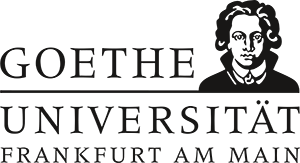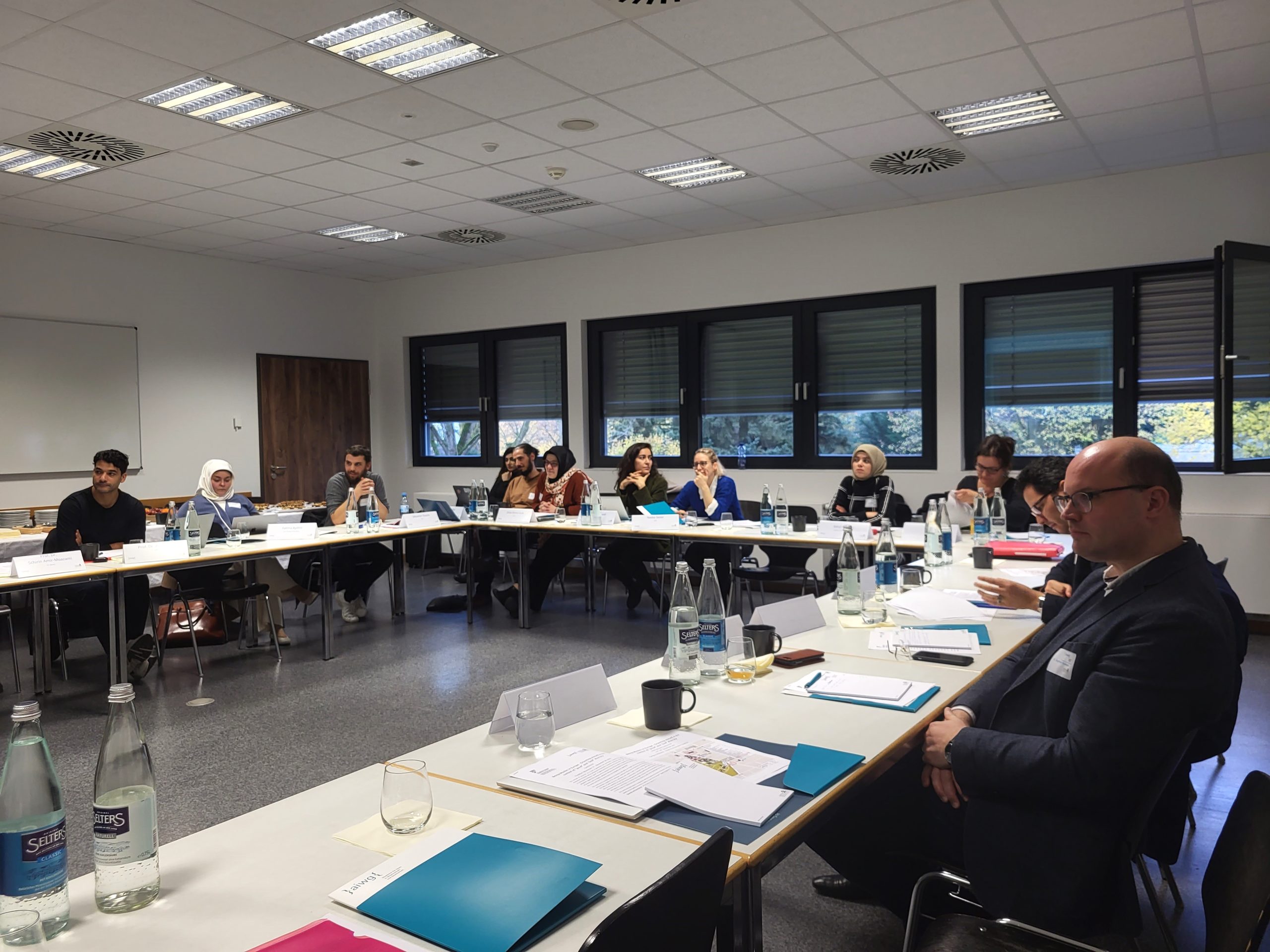International Conference highlights different facets of Diversity
On November 17th and 18th, 2023, the AIWG, in cooperation with the Swiss Center for Islam and Society of Fribourg University, organized the international conference „Being Muslim in Europe – Orienting oneself in the context of good and bad diversity“ at Campus Westend in Frankfurt am Main. Researchers from Germany, Switzerland, Denmark, the Netherlands and Italy engaged in a two-day-discussion about the increasing significance of the concept diversity in migration societies. They explored the discrepancy between „good“ or legitimized forms of plurality and other rather „negative“ connoted categories of plurality.
The former background raises the question about how do marginalized categories of plurality and diversity, e.g. religious affiliation; impact the orientation of individuals in terms of negotiating islamicity and social belonging in the context of pluralistic and secular societies.
The conference started with the opening remarks of Prof. Bekim Agai, director of the AIWG, and Prof. Hansjörg Schmid, executive director of the Swiss Center for Islam and Society. Prof. Agai highlighted the complexity of diversity within Muslim-European context, where Muslims are located and simultaneously seek to locate and orient themselves. Prof. Schmid explained how the concepts „Diversity“ and „Orientation“ form the basis of an applied research project at the Swiss Center for Islam and Society, which includes various research profiles, such as systematic perspective of Islamic thought, spiritual care, education and public discourses. The project aims to contribute to the society and Muslim communities, by addressing the concepts of diversity and orientation, not only in the Muslim context, but also in wider social debates.
The first keynote „„Whose Diversity? Some Reflections about Categories of Religious and Cultural Inclusion and Exclusion Processes with a Particular Focus on Muslims in Europe“ focused on how the concept “diversity” aspires to distinguish between multiple forms of belonging. While the concept has good intentions, its application is not free of contradictions and unintended consequences. In the first part of her lecture, Prof. Monika Salzbrunn from Lucerne University gave an overview of the constructive approaches to intersectional elements, which constitute diversity. In the second part, she discussed various ways of staging diversity in specific political contexts. For this purpose, she used the method of „event analysis“ to demonstrate how individuals express their sense of belonging in specific situations and events. The analysis considers not only ethical perspectives but also situational and event-related factors.
Dr. Mohammed Hashas from the University of Rome delivered the second keynote titled: „European Islamic thought Revisiting moral categories“. He discussed the question of being a Muslim from various perspectives, including Sufism and philosophy. He illustrated ontological and epistemological approaches to Islamic ethics, which intersect with the subject of diversity and provided a typology of Muslim-European ethical thought. To illustrate this typology, he used examples from the works of three Muslim intellectuals: Frithjof Schuon (1907-1998), Alijazetbegović (1925-2003) and Shabbir Akhtar (1960-2023).
After the keynotes, three panels followed, during which researchers presented various approaches and research projects related to the conference topic. In the first panel titled: „Diversity as a normative construction: ‘Islam’ and ‘good’ / ‘bad’ diversity in European social discourses” Prof. Dr. Schirin Amir-Moazami from Freie Universität Berlin and Sébastien Dupuis from the Swiss Center for Islam and Society shed the light on the social constructions of diversity in European discourses and the normative aspects, particularly the dual classification of „good“ and „bad“ diversity. The panelists provided findings of empirical research on the strategies used by Muslim communities to emancipate themselves from the essentializing interpretations of their multiple belonging.
The conference’s second day began with a panel titled „Means of orientation: Young Muslims navigating multiple belongings in the context of diverse societies“. In this panel Betül Karakoç-Kafkas from Goethe-University Frankfurt and Zeinab Ahmadi from Swiss Center for Islam and Society presented their projects on the challenges that young Muslims face in pluralistic societies. The focus was on the processes of belonging and boundaries in the society using the narratives of dual constructions such as „we“ versus „they“.
The third and final panel was dedicated to the topic „Negotiating and navigating diversity in Islamic knowledge discourses“. The panel focused on the conceptualization and interpretation of diversity in contemporary Muslim thought. Prof. Yaser Ellethy from Vrije Universiteit Amsterdam and Dominik Müller from Swiss Center for Islam and Society, included in their presentations theological, ethical and legal perspectives from various Islamic knowledge discourses.
A detailed conference report will be published on the homepages of the AIWG and Swiss Center for Islam and Society in 2024.







